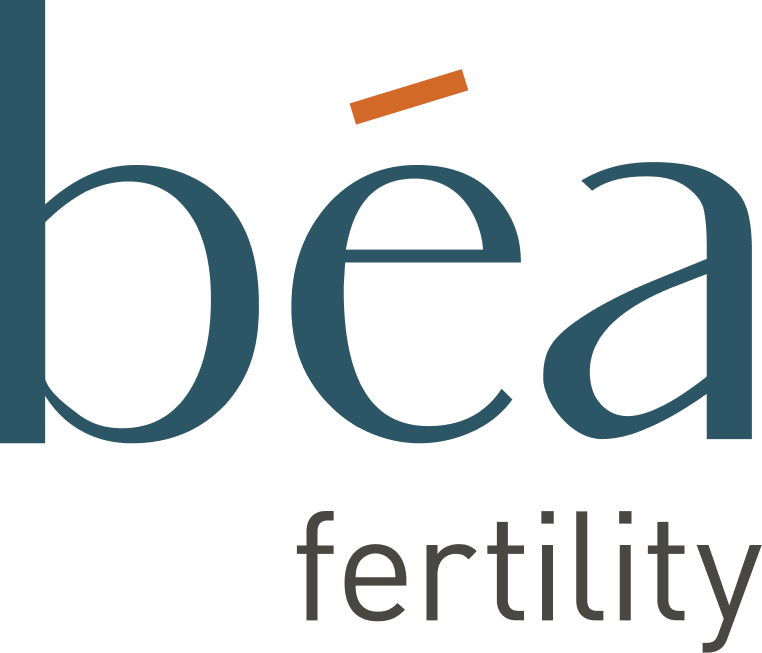When the Béa Treatment may not be unsuitable for use
There are some instances when the Béa Treatment may not be suitable or medically unsafe for you to use. Your safety is our number one priority and while the below may not be relevant to you, we suggest every new user reads this information before starting their treatment with us. If you have any concerns please contact the Béa Care Team or speak to your GP if you have any questions.
The Béa Applicator, and therefore the Béa Treatment, should not be used in the following situations:
If you have had vaginal or cervical surgery within the last three months
Vaginal or cervical surgery refers to any surgical procedure performed on the vulva, vagina or cervix. It is likely that you will be advised to wait 3 months following vaginal surgery or cervical surgery before trying to conceive as it might not be safe for you to become pregnant until the area has healed. It is recommended that you speak to the treating physician or your GP before using the Béa Applicator, or wait 3 months before using the Béa Applicator.
If you have a known silicone allergy
If you have a known silicone allergy you should not use the Béa Applicator as the Béa Cervical Cap (housed within the Béa Applicator and deployed onto the cervix during use) is made from silicone. Silicone and latex are not the same material. If you have a latex allergy, but do not have a silicone allergy, the Béa Applicator is safe to use. Speak to your GP or the Béa Care Team if you have any questions or concerns.
If you have had a colposcopy with biopsy or treatment within the last three months
A colposcopy is a test in which a doctor takes a closer look at your cervix. A small sample of cells may be taken from your cervix for testing. This is called a biopsy. The treating physician who carries out your colposcopy and/or biopsy may advise you that your cervix needs time to heal after a colposcopy and biopsy, and it might not be safe for you to get pregnant until you have been given the all clear from the treating physician or your GP. It is recommended that you wait 3 months after your colposcopy and/or biopsy before using the Béa Applicator.
If you have a vaginal or uterine prolapse
A vaginal prolapse (or pelvic prolapse) is when one or more of the organs in the pelvis slip down from their normal position and bulge into the vagina. If you have a vaginal prolapse it could be dangerous to attempt to insert the Béa Applicator and Cervical Cap into your vagina. Please contact your GP immediately if you suspect you could have a vaginal prolapse.
If you have a known sexually transmitted infection (STI)
Sexually transmitted infections (STIs) like HPV, chlamydia or gonorrhea can affect your health and your chances of getting pregnant. If there is any chance you or your partner have an STI, it’s important to get it diagnosed and treated before you conceive using the Béa Applicator.
If you have active vaginal irritations or legions
If you've had a hysterectomy
A hysterectomy is a surgical procedure to remove the uterus. If you have had a hysterectomy, you will be unable to conceive. ICI is not a viable fertility treatment for users who have undergone a hysterectomy. You should speak to your GP to discuss alternative family forming options.
If you do not have both fallopian tubes
If you do not have both fallopian tubes, ICI is not a viable fertility treatment for you. Loss of fallopian tubes can be the result of a salpingectomy, a surgical procedure in which the fallopian tubes are removed. If you have had this procedure, unfortunately ICI will not work for you. You should speak to your GP to discuss the fertility treatments that are right for you.
If you are currently pregnant
The Béa Applicator is designed to help you get pregnant. If you are already pregnant, it could be medically unsafe to attempt to insert the Béa Applicator into your vagina. Please do not use the Béa Applicator if you are already pregnant.

